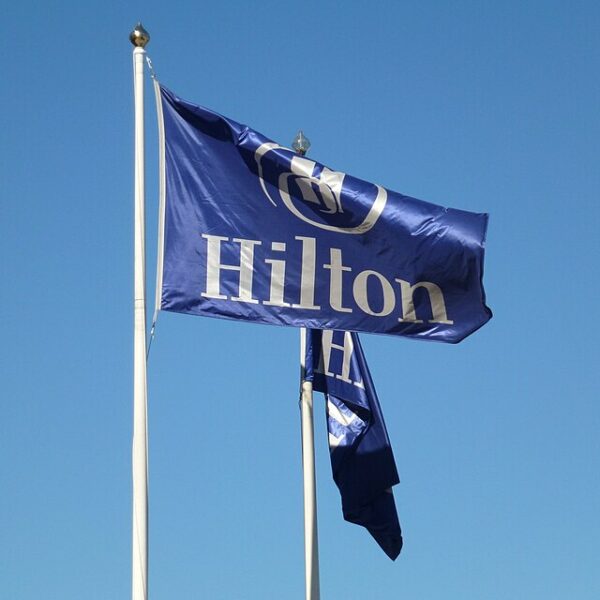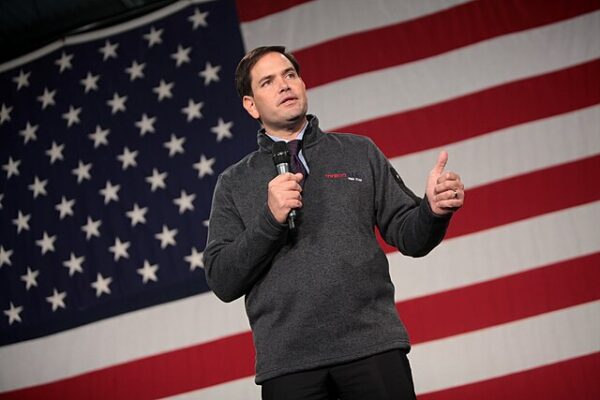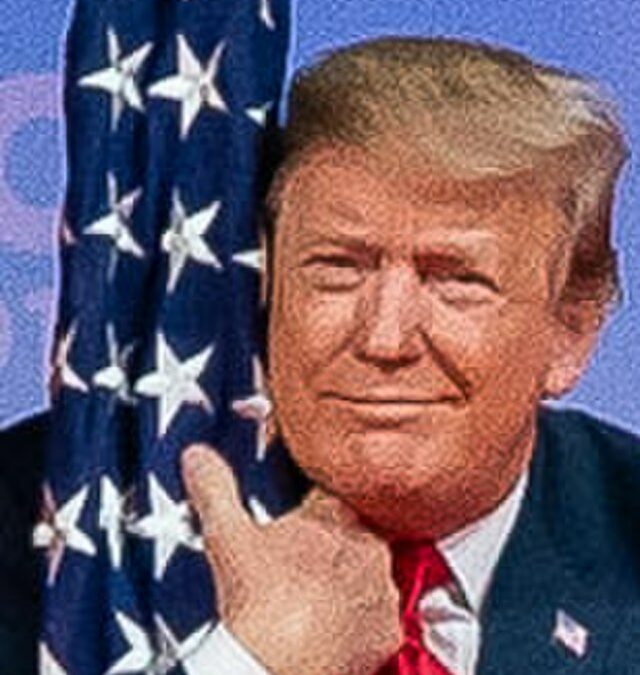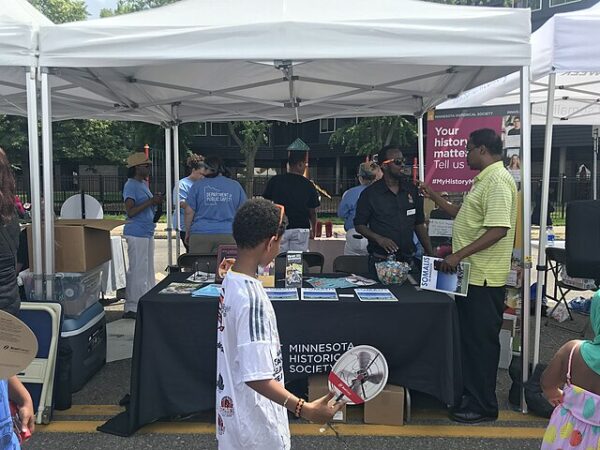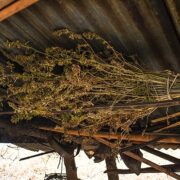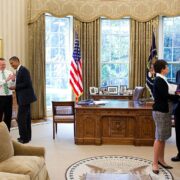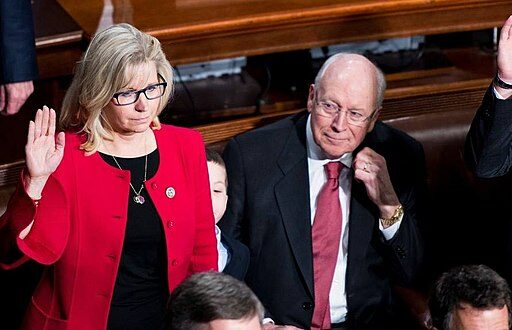
The House Administration Oversight Subcommittee, chaired by Rep. Barry Loudermilk, released an interim report on Tuesday regarding the January 6 Capitol riot. The report asserts that the attack was preventable and includes serious allegations against former Rep. Liz Cheney, accusing her of witness tampering and encouraging perjury during the Democrat-led January 6 Select Committee investigation.
Cheney, who served as Vice Chair of the Select Committee, is accused of engaging in “secret communications” with Cassidy Hutchinson, a former White House aide and key witness. According to the Subcommittee, Cheney allegedly communicated with Hutchinson without her attorney’s involvement, which may constitute a violation of federal witness tampering laws under 18 U.S.C. 1512. Violating this law carries a maximum penalty of 20 years in prison.
The Subcommittee report states, “Based on the evidence obtained, numerous federal laws were likely broken by Liz Cheney,” and calls for the FBI to launch a formal investigation. It further alleges that Cheney influenced Hutchinson’s testimony, including narratives that contradicted prior statements and the accounts of Secret Service officials. Specifically, the report accuses Cheney of “procuring perjury,” a federal crime defined under 18 U.S.C. 1622.
A central focus of the report is the credibility of Hutchinson’s testimony. One highly publicized claim—Hutchinson’s assertion that former President Donald Trump attempted to seize control of his presidential vehicle to join protestors at the Capitol—was later refuted by Secret Service officials. The Subcommittee contends that Cheney encouraged Hutchinson to introduce claims that have since been called into question.
In a report released on Tuesday, House Republicans said Ms. Cheney should face an F.B.I. investigation for work she did for the congressional committee that examined Mr. Trump’s attempts to cling to power after he lost the 2020 election. They accused her of tampering with one of the committee’s star witnesses who gave damning testimony about Mr. Trump, wrote The New York Times.
The recommendation had no binding authority, and any investigation of Ms. Cheney would have to be opened by Mr. Trump’s Justice Department once he enters office. Still, the House subcommittee’s report detailed a road map for what an inquiry might ultimately look like — while also relieving Mr. Trump of the potentially fraught step of explicitly ordering the inquiry himself.
“Liz Cheney could be in a lot of trouble based on the evidence obtained by the subcommittee, which states that ‘numerous federal laws were likely broken by Liz Cheney, and these violations should be investigated by the FBI,’” [Trump] wrote in a post on Truth Social.
In recent weeks, Mr. Trump has singled out Ms. Cheney in a similar fashion, saying outright that she and other leaders of the Jan. 6 committee should go to jail.
The report also examines what it describes as “collusion” between Special Counsel Jack Smith and the January 6 Select Committee, led by Rep. Bennie Thompson, a Democrat from Mississippi, and Cheney. It highlights the inclusion of an unredacted interview transcript in filings by Smith’s office, suggesting that such information could only have been obtained from the Select Committee or the White House. The Subcommittee claims this represents evidence of coordination that undermines the integrity of both investigations.
The report is not the only investigation into Jack Smith. The Washington Post reported that the special prosecutor is now conducting an “internal review to determine whether special counsel Jack Smith and his team of prosecutors ran afoul of any agency regulations when prosecuting Donald Trump, according to court filings, a letter to Congress and people familiar with the probe, who spoke on the condition of anonymity because they were not authorized to discuss it.
The Office of Professional Responsibility — a division within the Justice Department — opened the review after a prosecutor reported that a defense attorney in one of Trump’s cases had accused him of misconduct. It is standard procedure for Justice Department prosecutors to make such reports when wrongdoing is alleged.
The initiation of an internal review does not suggest that the Justice Department believes that any wrongdoing occurred. Under Justice Department regulations, prosecutors are required to report to the OPR when defense attorneys allege improper conduct — and the OPR is required to investigate.
The scope of the internal probe could be broader than examining just that one prosecutor. Probes by the Office of Professional Responsibility are typically comprehensive and could could look at other allegations made by Trump and his allies against prosecutors on Smith’s team, as well as Republican claims that the FBI manipulated evidence it seized when conducting a court-approved search for classified material at Trump’s Mar-a-Lago property in Florida.”
The newspaper states that the Department of Justice has disavowed those claims.
[Read More: GOP Congresswoman Walks Away From Party]




